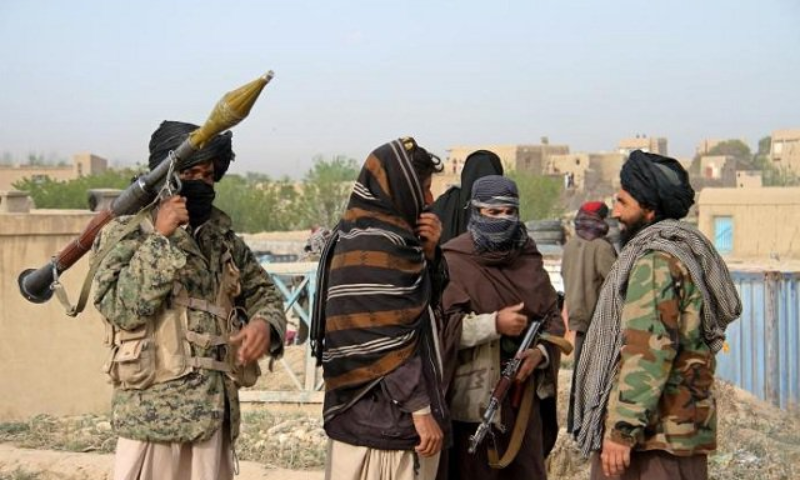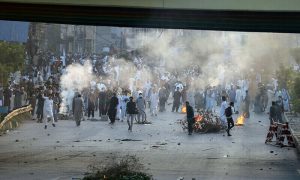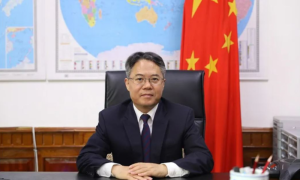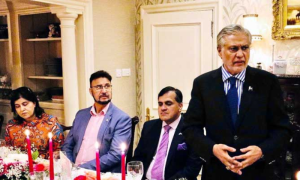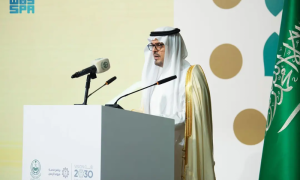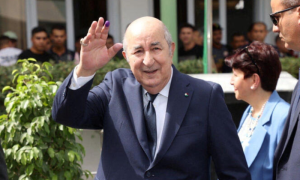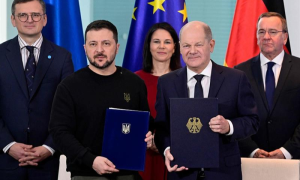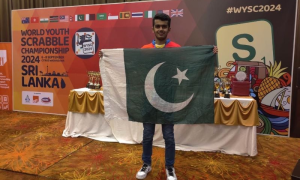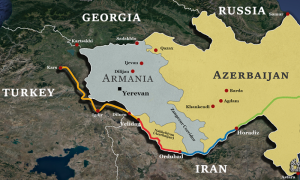ISLAMABAD: Pakistan’s government has declared the banned terrorist outfit Tehreek-e-Taliban Pakistan (TTP) as “Fitna al-Khawarij”.
According to a notification issued by the Ministry of Interior, TTP has distorted the image of Islam under the guise of religion.
It further mandated that the term “Khariji” will be used alongside the names of these terrorists to expose their true identity.
This directive aims to underscore the government’s stance that such militants are distorting religious teachings for their own ends.
Consequently, titles such as ‘Mufti’ and ‘Hafiz’ will no longer be used for individuals linked to terrorist groups, and the term “Khariji” will precede their names in all official communications and documents.
In addition to reclassifying the TTP, the government has also banned two other militant organizations: the Hafiz Gul Bahadur Group (HGBG) and Majeed Brigade (MB).
The Ministry of Interior approved these bans based on recommendations after a two-year monitoring period, and the National Counter Terrorism Authority (NACTA) has included these groups on the list of proscribed organizations.
This announcement comes amid a recent surge in terrorist activity, particularly in Pakistan’s Khyber Pakhtunkhwa (KP) and Balochistan provinces.
The Centre for Research and Security Studies (CRSS) reported that in the second quarter of 2024, Pakistan experienced 380 fatalities and 220 injuries linked to violence. KP and Balochistan, which are adjacent to Afghanistan, accounted for nearly 92% of the fatalities and 87% of the attacks during this period.
In response to the escalating threat, the federal government launched Operation “Azm-e-Istehkam” last month. This operation is part of the National Action Plan aimed at intensifying the national anti-terrorism effort and addressing cross-border infiltration.
The government’s new measures and the latest operation reflect its commitment to combating terrorism not only through physical interventions but also by challenging the ideological foundations of militant groups.









